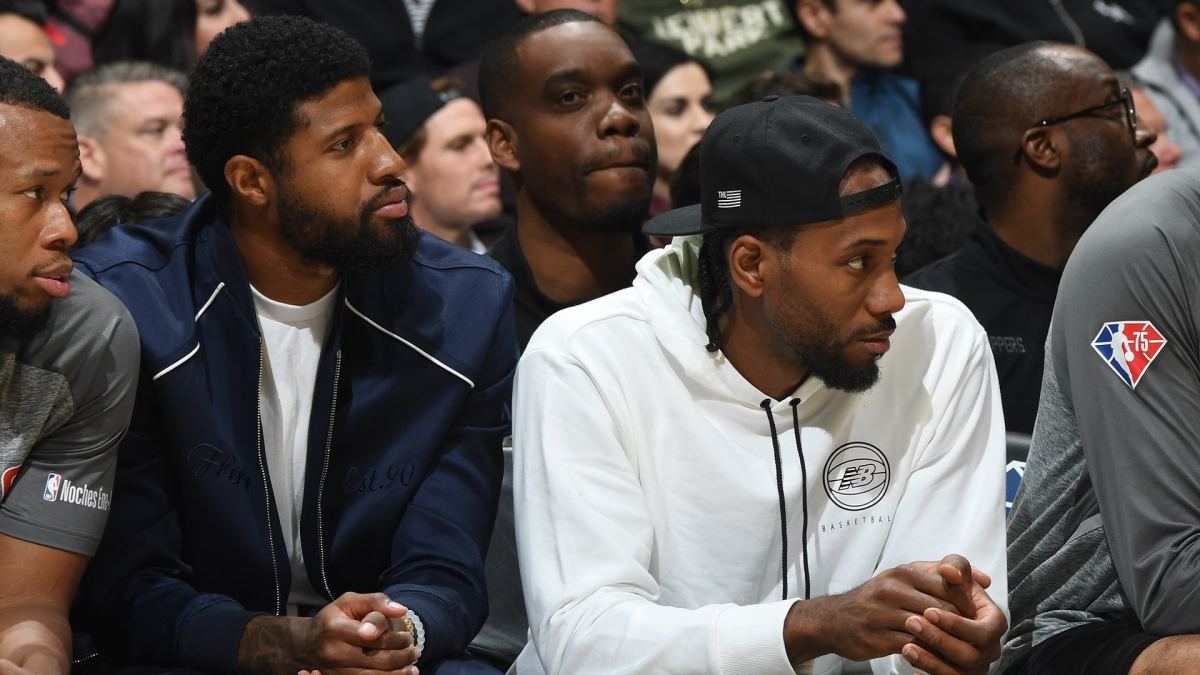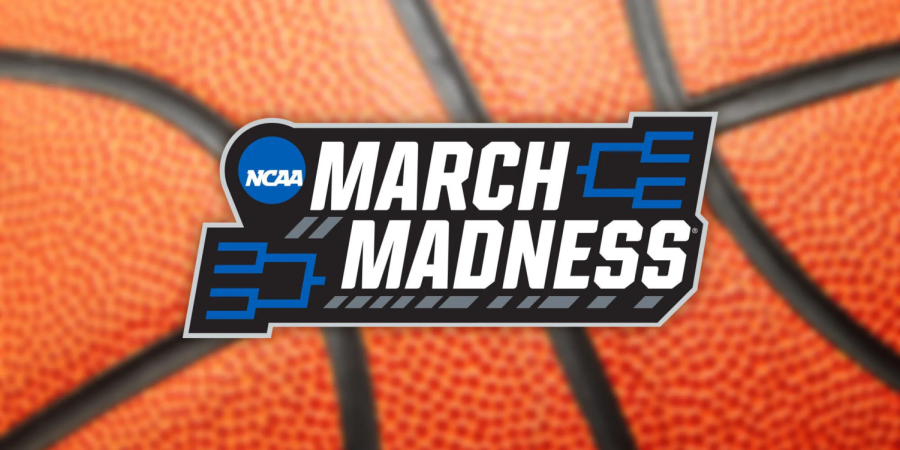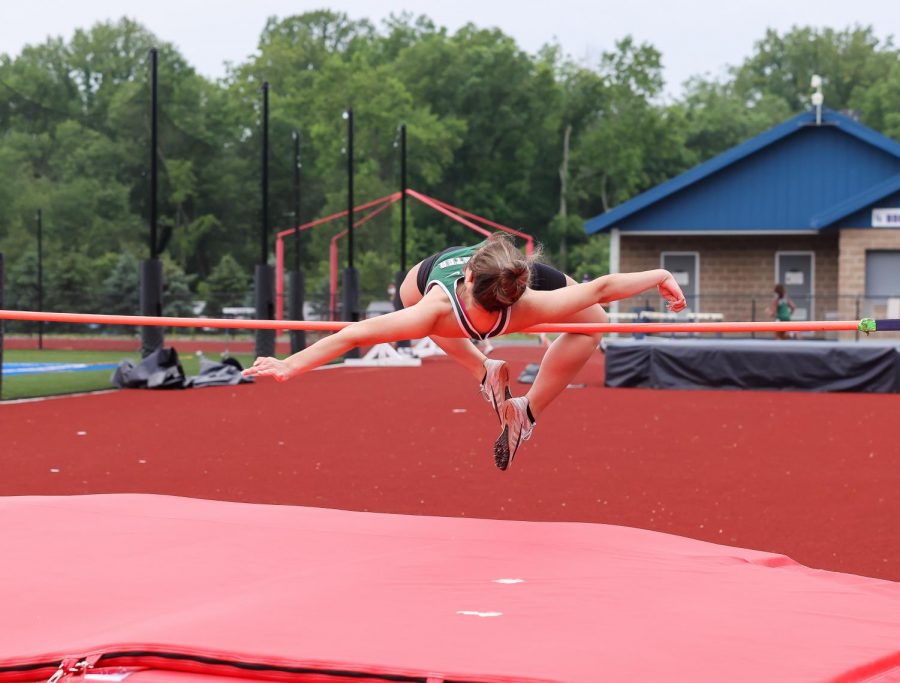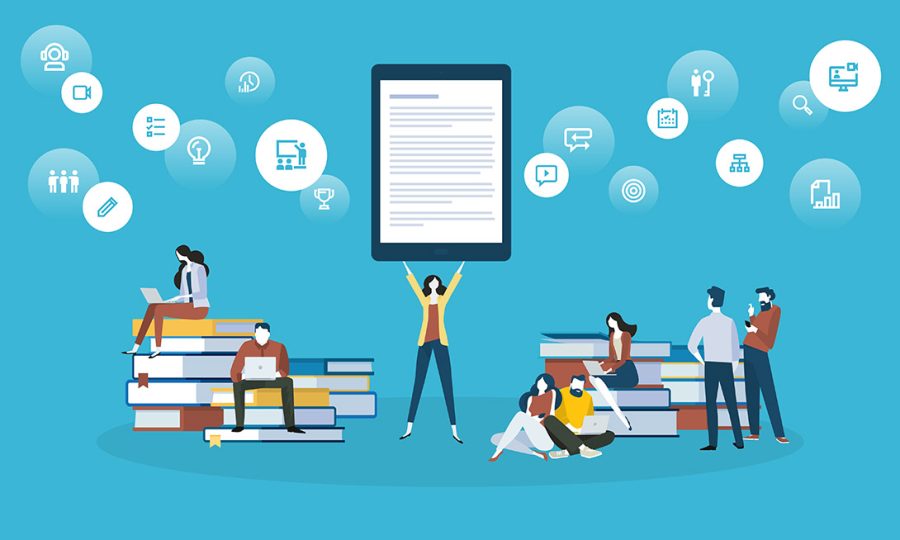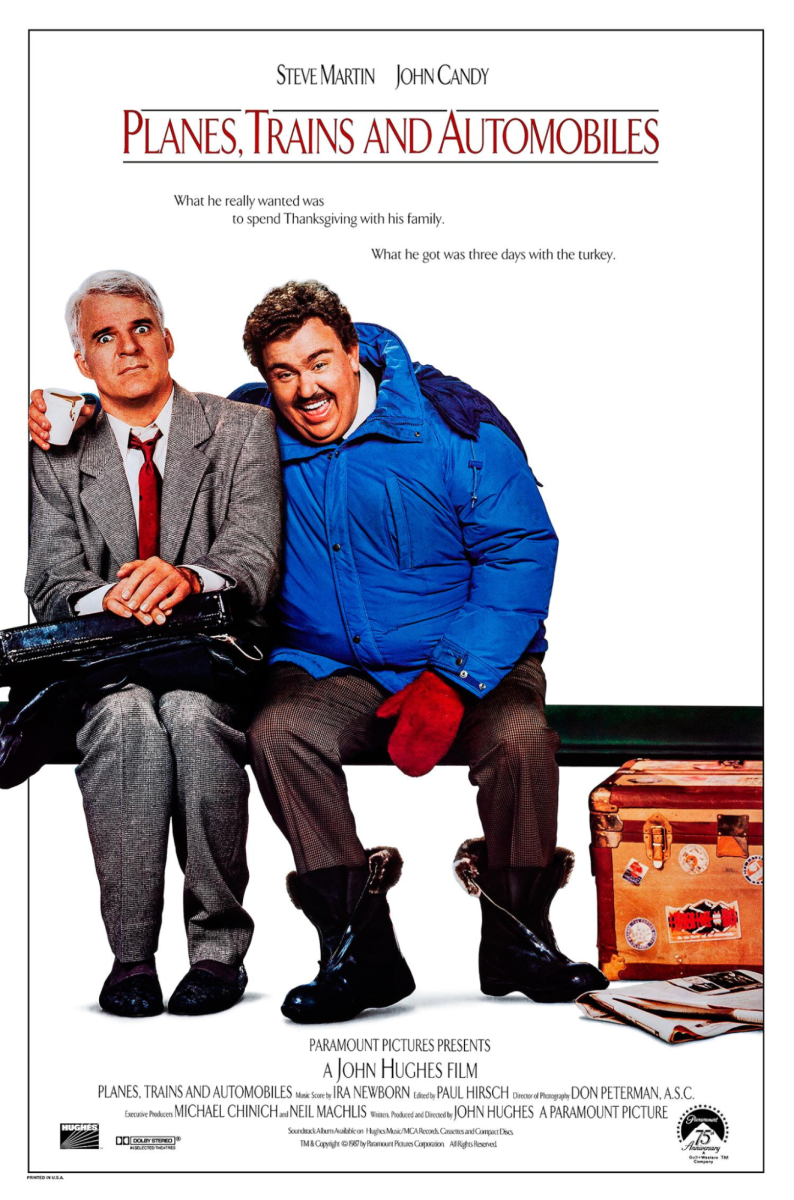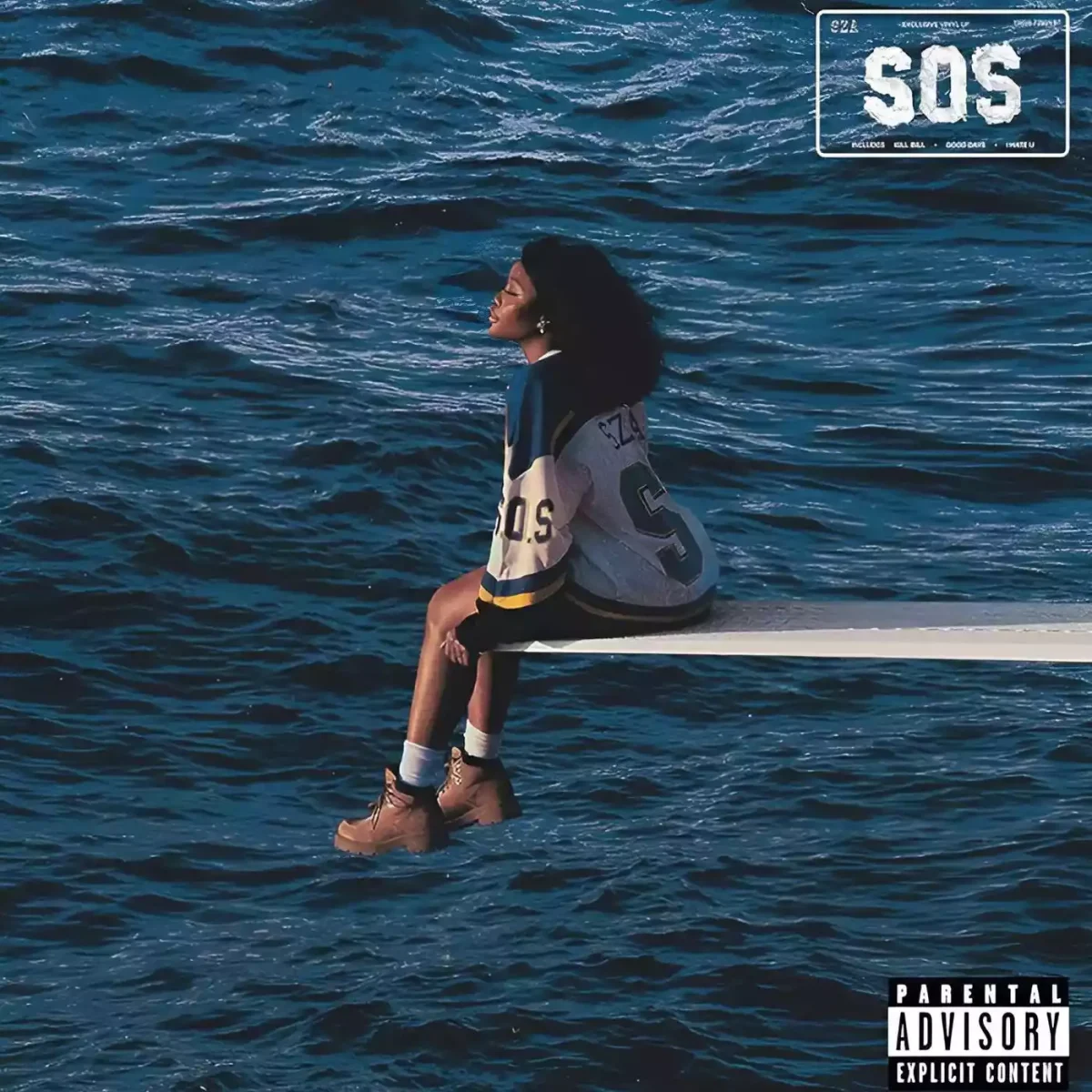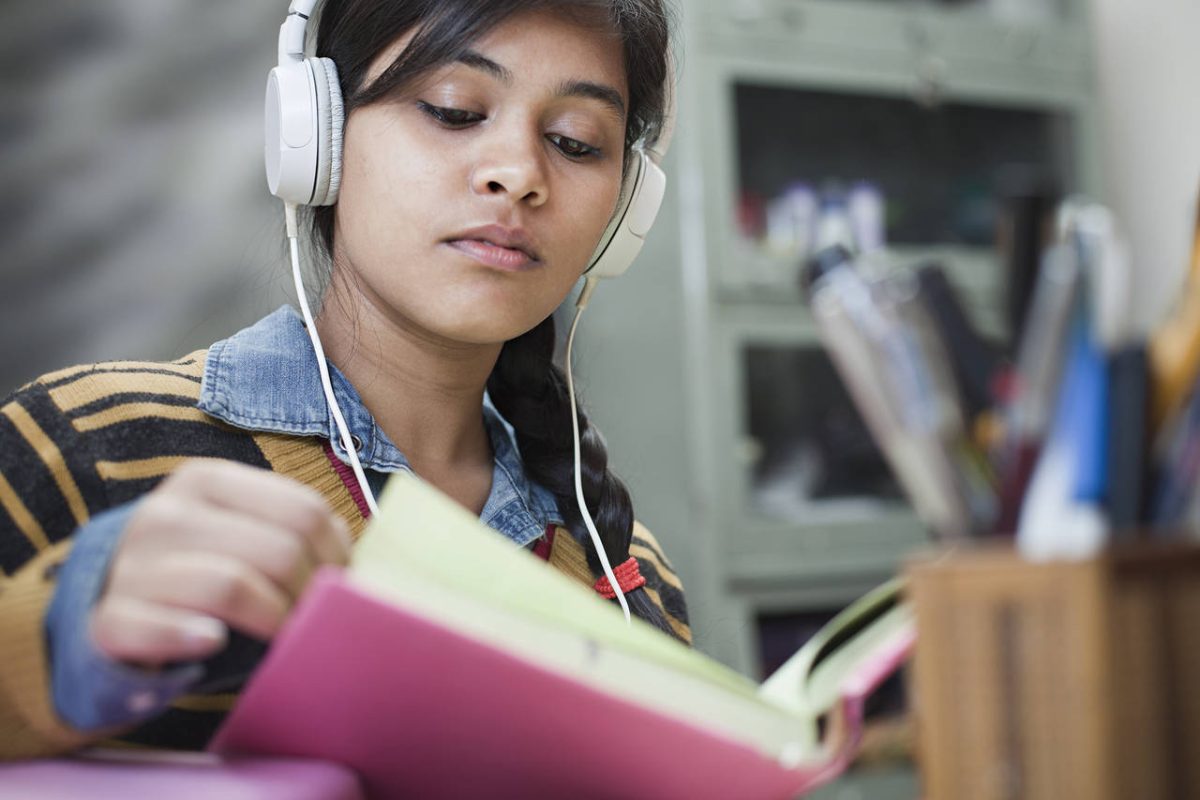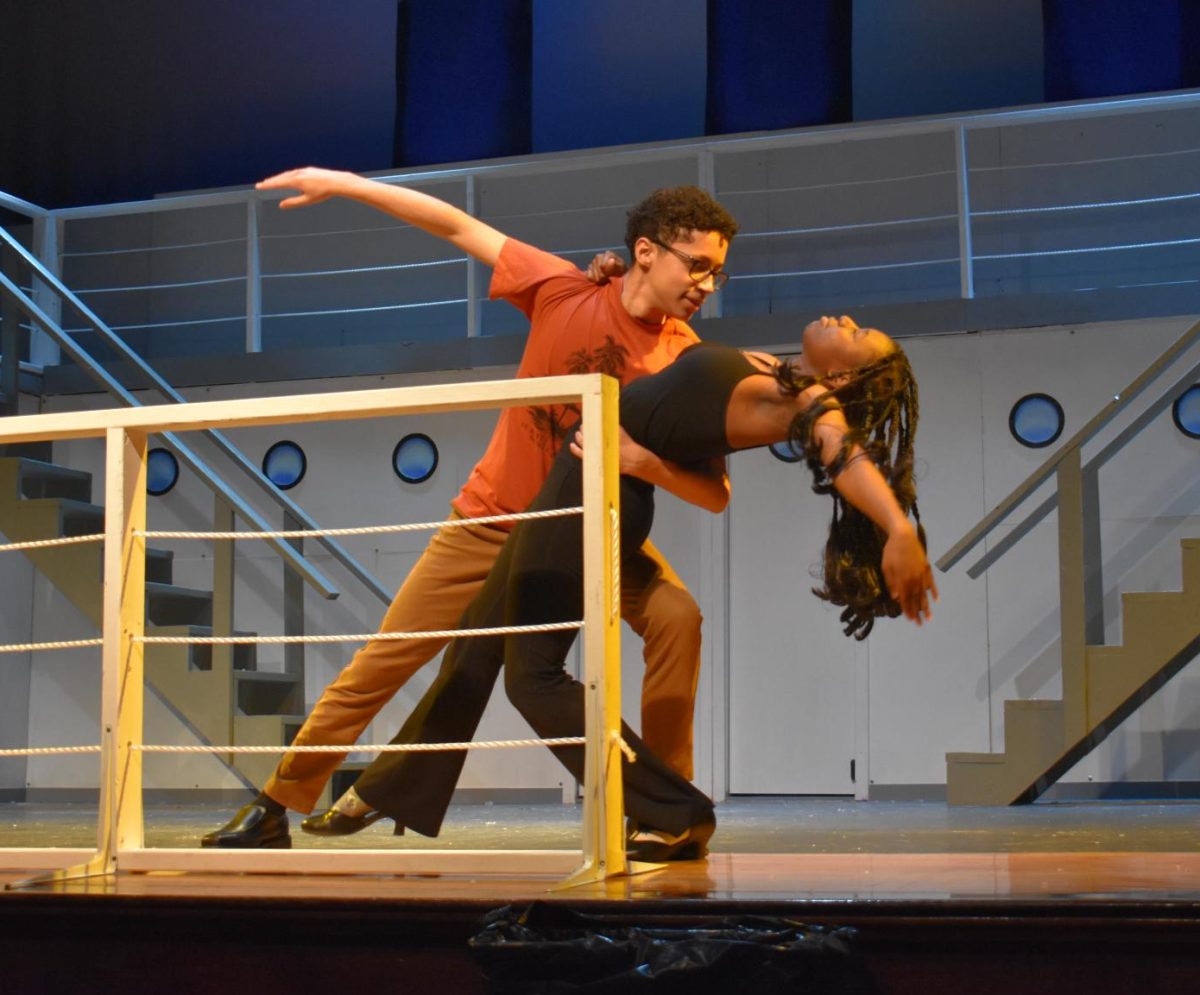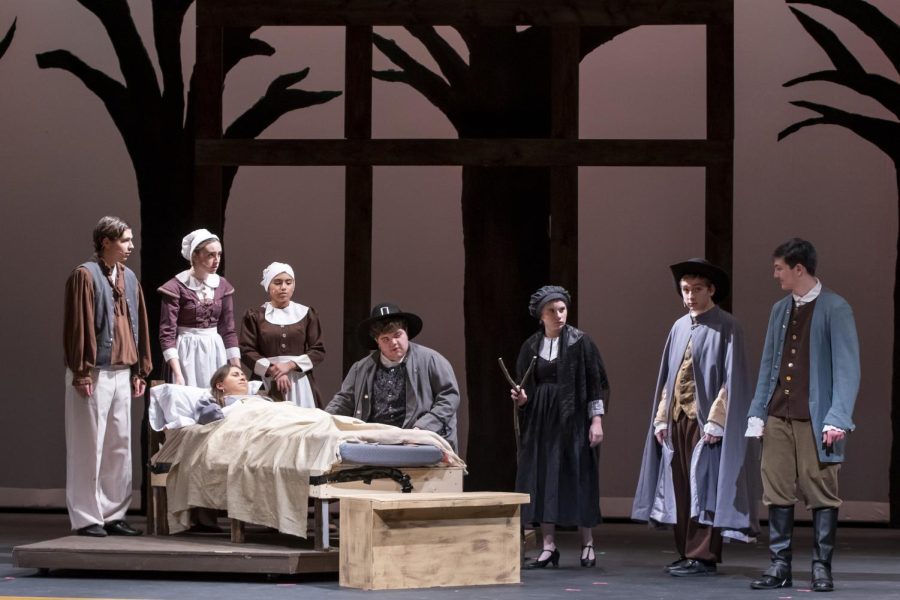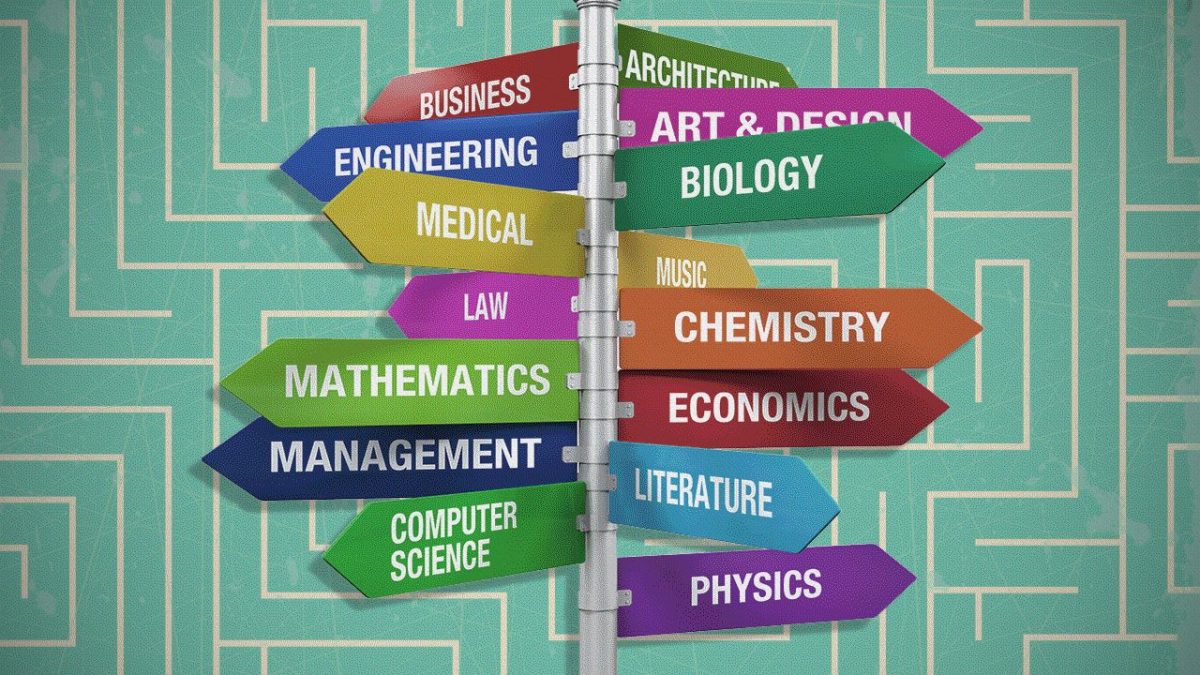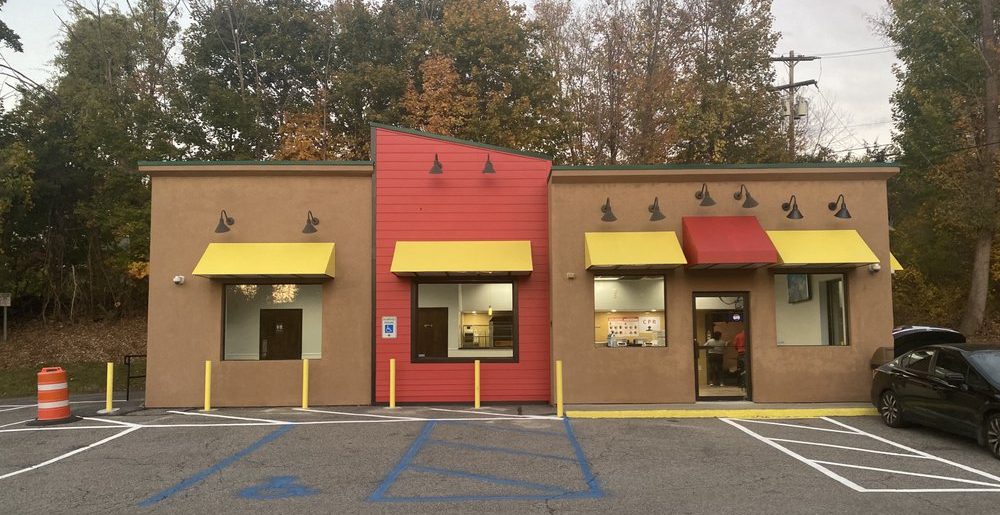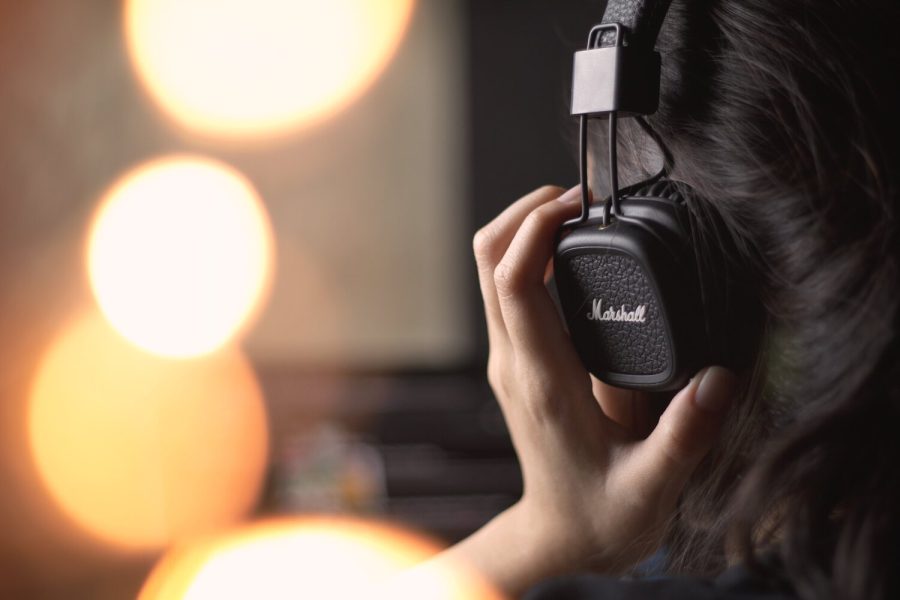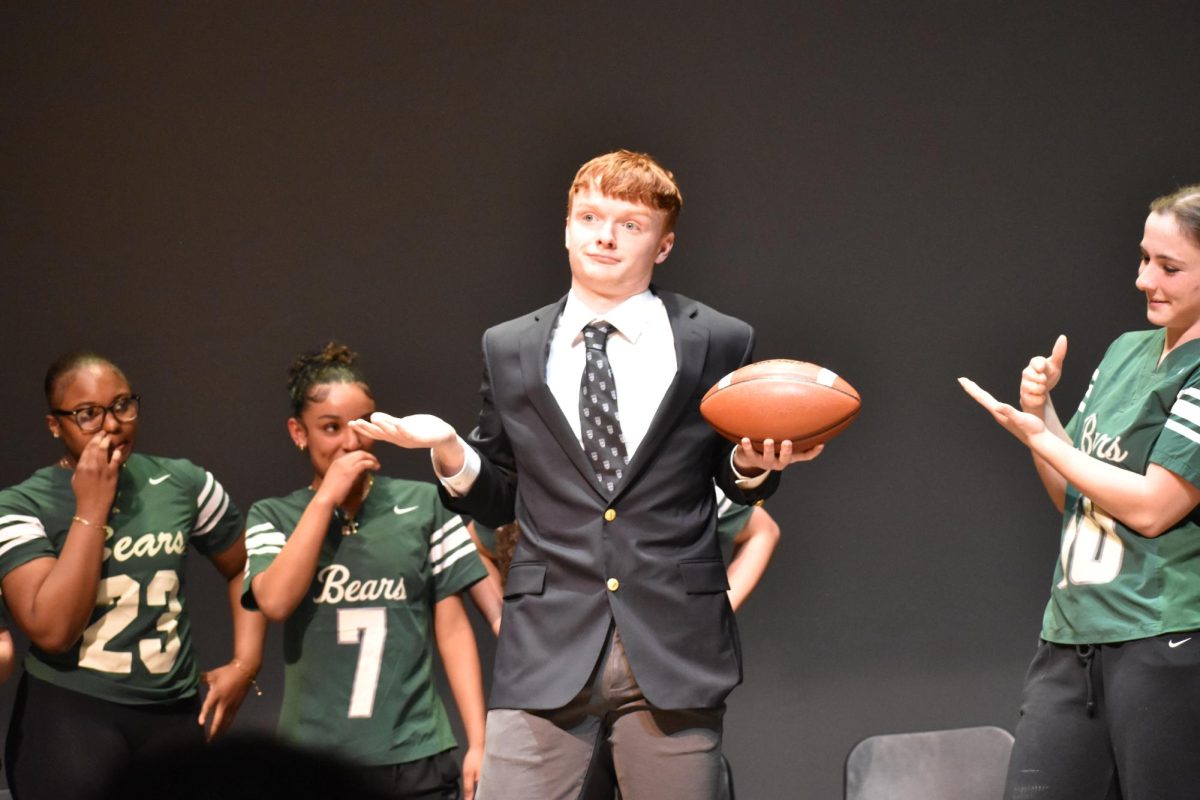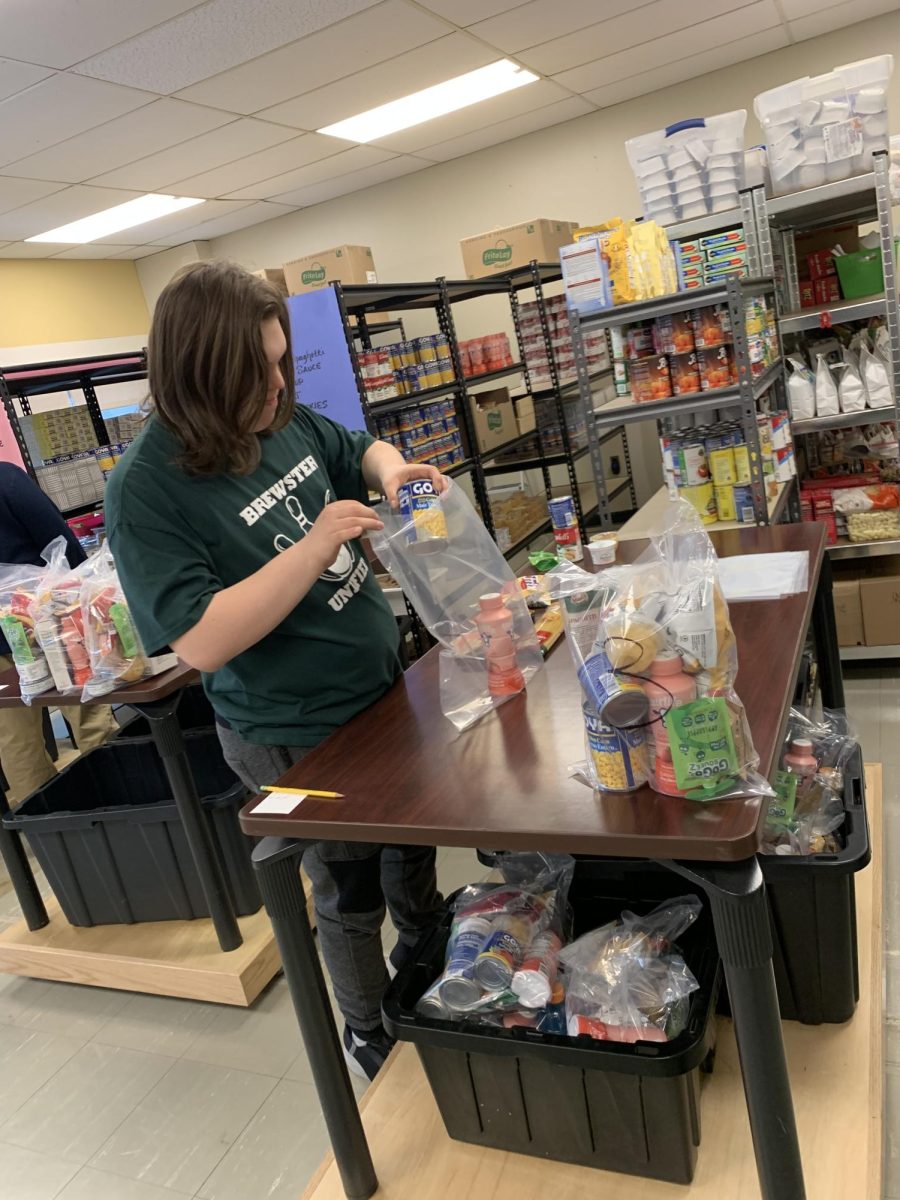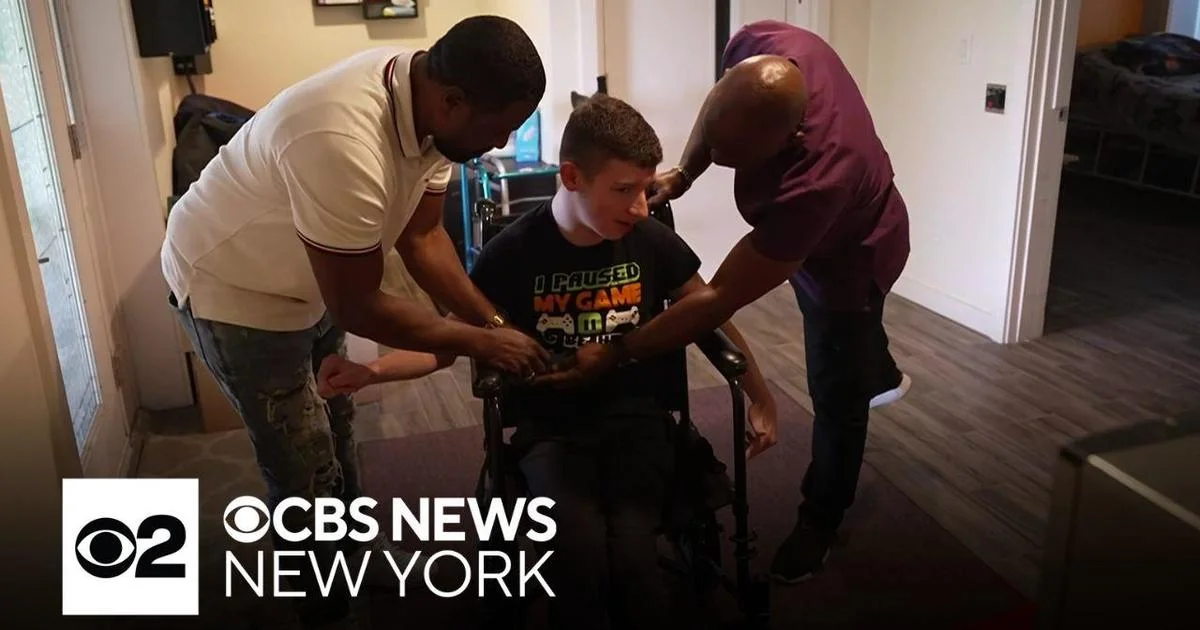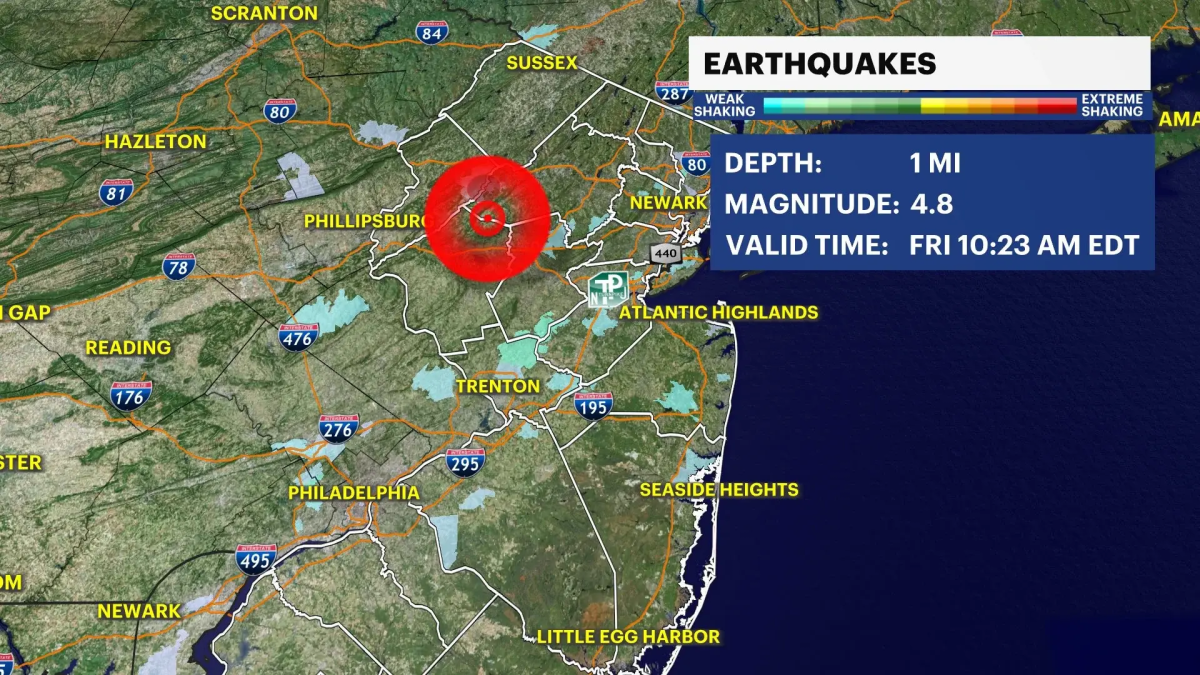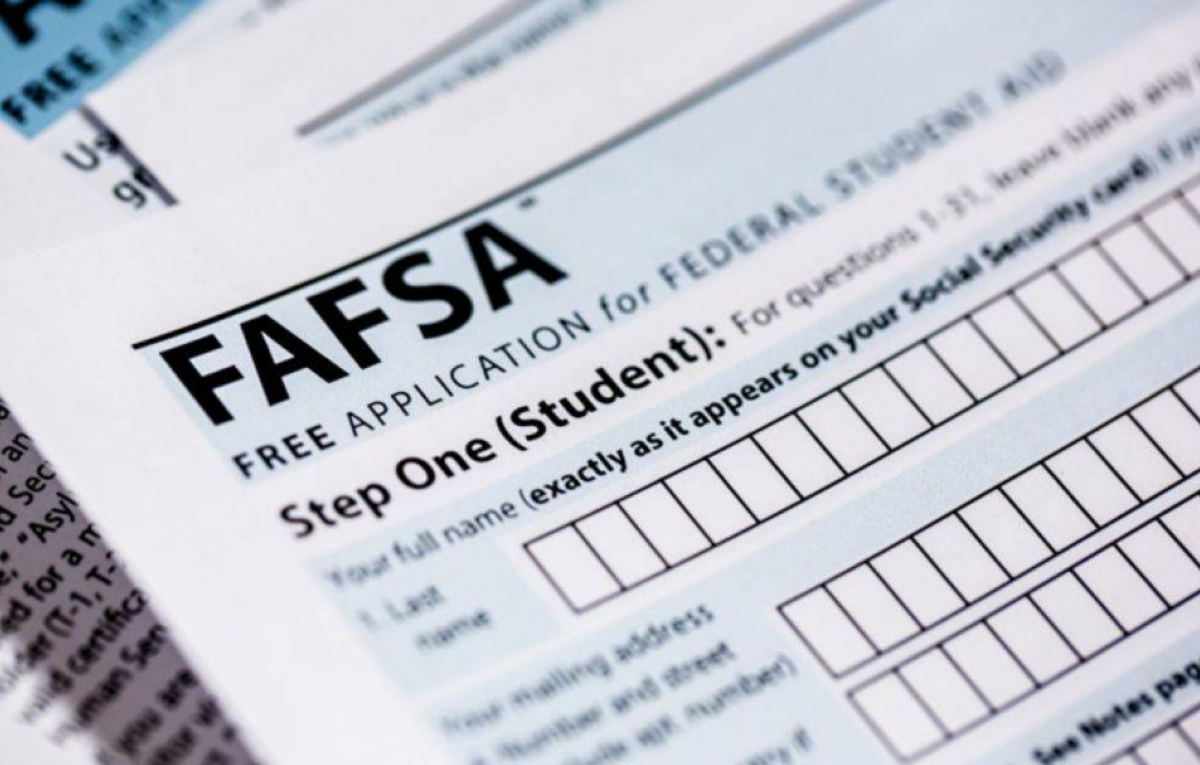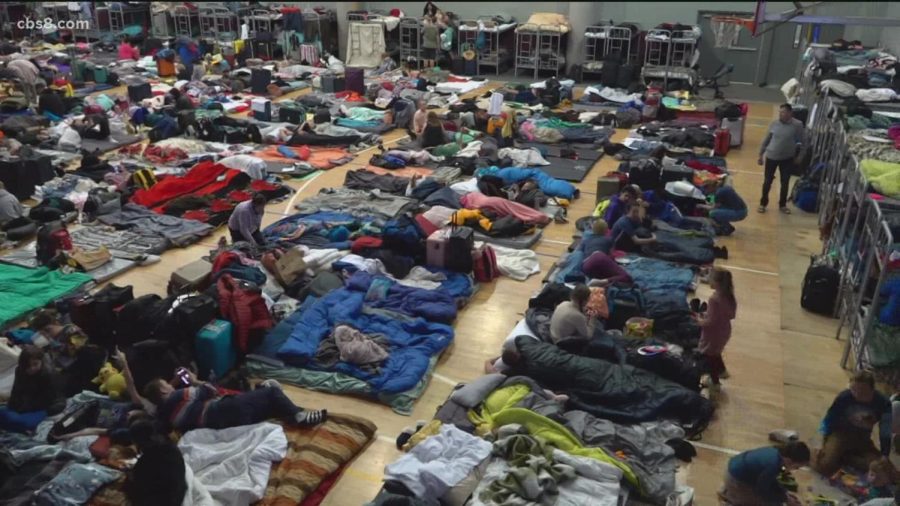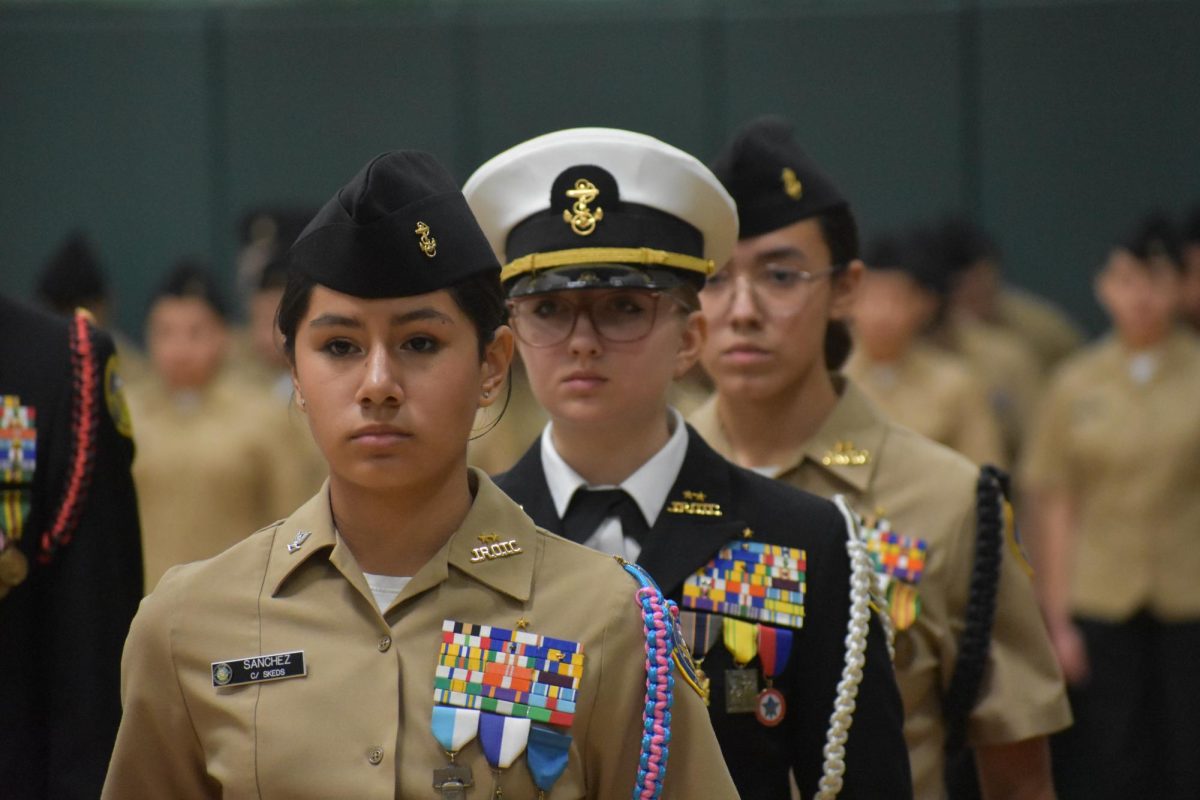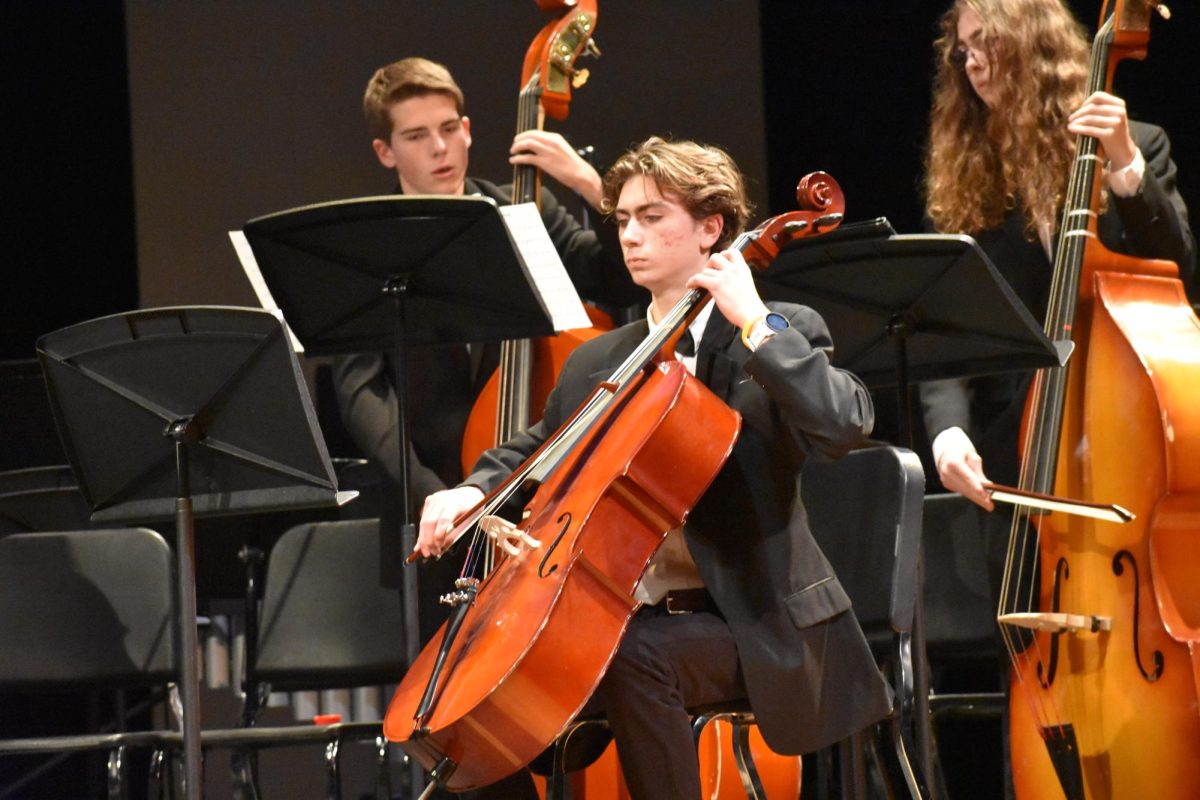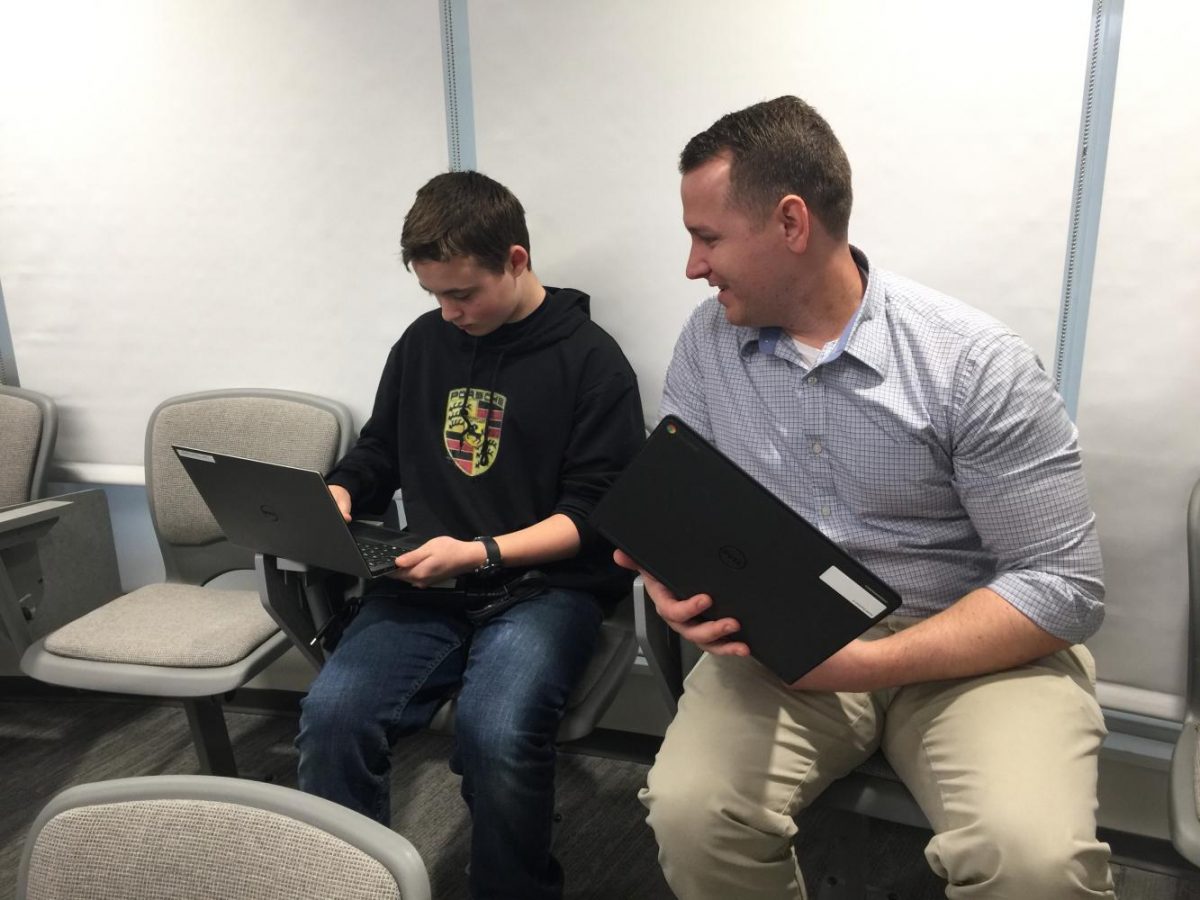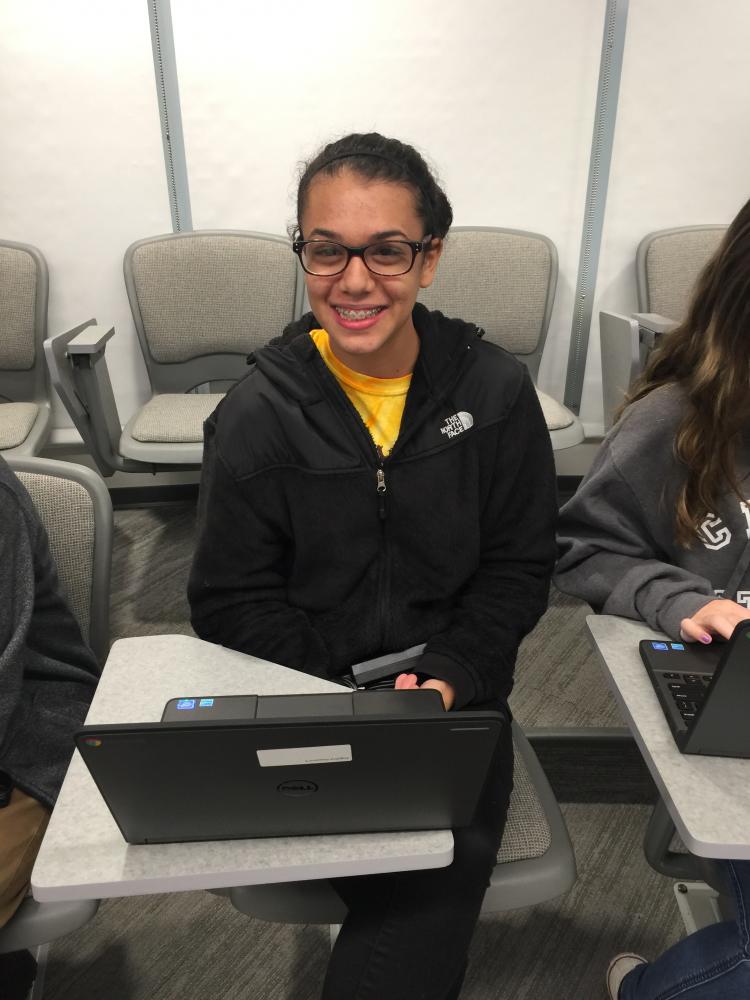We’re 1:1! Brewster Students, Staff, and Faculty React to Getting their Laptops
September 28, 2017
How will being 1:1 compl
ement education at BHS?
Providing students with anytime/anywhere access to online resources provides an essential pathway for student inquiry and self-directed learning. It provides ALL students with the opportunity to collaborate and access the array of extensive resources available online.
John Krouskoff,
Assistant Superintendent,
Director of Technology
and Innovation
Providing all students with ubiquitous access to digital tools and online resources is a key component of our district’s Strategic Coherence Plan and the Strategic Instructional Technology Plan. Through this implementation, we have supported
the district’s shift from traditional teaching practices to student directed learning and inquiry.
Mr. Peter Lamoreaux,
Instructional Technology
Specialist
I just want to make sure every student gets one. They are expected to take a Chromebook or to bring a device from home. They’re also expected to do homework sometimes and that doesn’t happen, so I just want to make sure the kids are prepared in every class.
Mrs. Teri Schumacher,
English and FHO/Holocaust
and Literature Teacher
The 1:1 is going to elevate education in the sense of you havi
ng a lot more versatility in how you can utilize the classroom time and space. So, from a science perspective, if students are collecting data, before they would have to put in a data chart and put it into a paper hand it or maybe they would do it on Google Sheets. But it wouldn’t necessarily happen in real time because you didn’t have a necessary device if you didn’t sign out the chrome kart. Now with with every student having one, we can collect data in real time and can pull up the data in class and look at it as a group.
We can do what scientists do right away: congregate and pull all of the classes’ data together and look at it as a big group rather than everyone doing the same thing. We can differentiate a little bit. You have have students that will be working at different points. You have students that work well with simulations, others that work better with hands on. Students that work better reading versus videos. If you have a child that can’t do their work out of class, you can now assign something they can look at while other kids are doing more enrichment. Within the same timeframe, it is going to take a lot more preparation on the teacher’s part. It’s going to t
ake a lot more responsibility on the student’s part. So there is going to be a huge amount of accountability. This allows us to teach young people how to be accountable for their actions in a safe environment. Teachers are going to have to be accountable in making sure that students are on task and giving students tasks that will kept them from digressing.
Dr. Brittney Kozlenko,
Physics and Robotics Teacher
How do you anticipate helping students who are less tech savvy?
Tech savvy is a broad concept, as one may be quite familiar with using technology for social purposes but not be familiar with effective research techniques, online resources beyond the most obvious, and the importance of developing a positive online persona (think of it as branding). Teachers have been involved with a variety of professional learning opportunities for the past year, and many have developed areas of expertise with digital tools (i.e
. we have approximately 20 Google Certified teachers–who demonstrated mastery of the tools through an extensive series of workshops and exams) as well as student-centered learning strategies (i.e. 20 percent projects).
John Krouskoff
The district has made a significant commitment to the implementation of digital learning tools both for teachers and students. Teachers have been provided numerous opportunities for professional learning in anticipation of the transition to a 1:1 model. These opportunities include visits into the classroom to work with students. These supports extend districtwide in an attempt to develop the holistic capacity of the district to best maximize the potential of this new learning environment. Last summer we had 15 teachers that became Google Certified Educators, a rigorous program, and another cohort of teachers that have just begun the process.
Mr. Peter Lamoreaux
What is your impression o
f the new ILC and how it will be used?
The ILC, I see as a huge opportunity for students to experience what they’re going to see in the real world. We recently had some staff from IBM join us for engineering day and one of the comments that all ten IBM employees said was that the ILC was exact same lounge, color scheme, and set up that IBM has just redone in their own headquarter spaces in Northcastle. So, the idea that everything is going to this open, collaborative environment will allow for Brewster students to have an edge on the competition.
Dr. Brittney Kozlenko
I think it looks great! I haven’t taken advantage of everything yet because it is still new and I am trying figure out where it would fit into my classroom. Obviously, collaboration is big, and I just want students to take advantage of it.
Mrs. Teri Schumacher
The Roving Reporter Asks
Students What They Think of the ILC
Elizabeth Kelmenson, 11th grade
“I didn’t even notice that the library was closed. Ever since I heard about the pass system, I’ve lost interest in using the library. Instead, I go to study hall because it is much more convenient and wastes less time. So, the Chromebook is very useful to me and I’m grateful for it.”
Dylan Gusler, 11th grade
“Having the library open makes a lot of things easier in school. It’s quiet. There are places to get work done, and it’s just a good place to wind down. Without it open, there wasn’t really a place to go to do all those things. Regarding the Chro
mebooks, that as well makes a lot of things in school much easier. We haven’t had them for long but it already has made a difference.”
Colin Dineen, 10th grade
“I think having the library open again, plus having our own Chromebooks, helps a lot of students who might not have had access to the Internet at home to get their work done.”
Kayla Rampolla and Emily Cullen, 9th grade
“I don’t really like them [Chromebooks], because I like writing with pen and paper better. I don’t really like doing everything online, and for study purposes, it’s easier to rewrite on paper and read over things on paper and look back as many times as I want. It’s easier to go back and forth through sheets because (reading on a Chromebook) is harder, especially when the Internet is not working – because the school doesn’t have the best Internet. I like the ILC! I don’t like how you need a pass from a teacher to go, even if you’re in a study hall. If you have work due, you should be able to go there (ILC), but overall it’s a nice place. I also think that you should be able to get passes from your study hall teachers not only core teachers.”
David Diminno, 11th grade
“Waiting practically half the year for the library to open was a bit rough. It was difficult to find a good place to work where I wouldn’t be disturbed, as well as a place where I could print or work on an online assignment. Now that the library had been done, it has been a major improvement from the past. The iTheatre is great for lectures, and the overall environment of the ILC is great, as well. As far as Chromebooks go, I have been pleasantly surprised. I always have something to type on besides my phone, which has been great for online schoolwork and homework. The touchscreen though is not optimal, but is still a fun tool to use.”
Nolan Curley, 12th grade
“I’ve never actually used the library and I’m a senior in my third year who has a laptop and doesn’t really need a Chromebook for the last quarter and a half of my high school education. I do think it’s a valiant attempt at modernizing our education, no matter how effective or ineffective it may end up being.”













